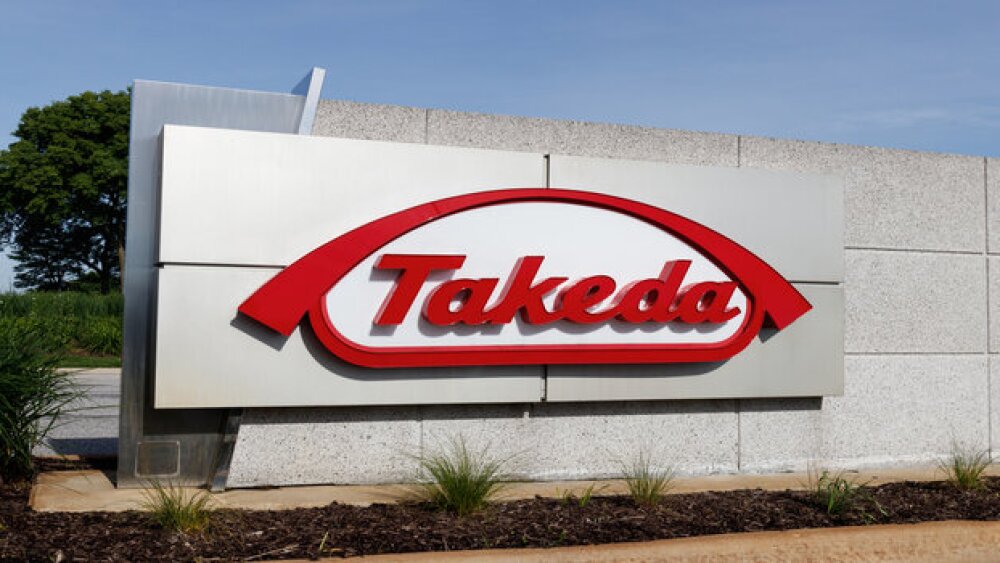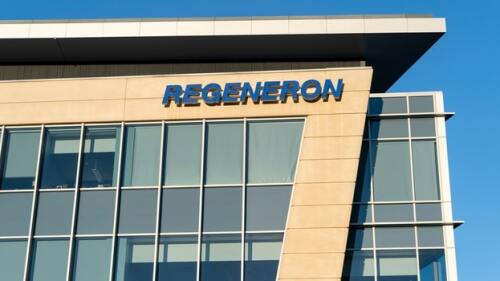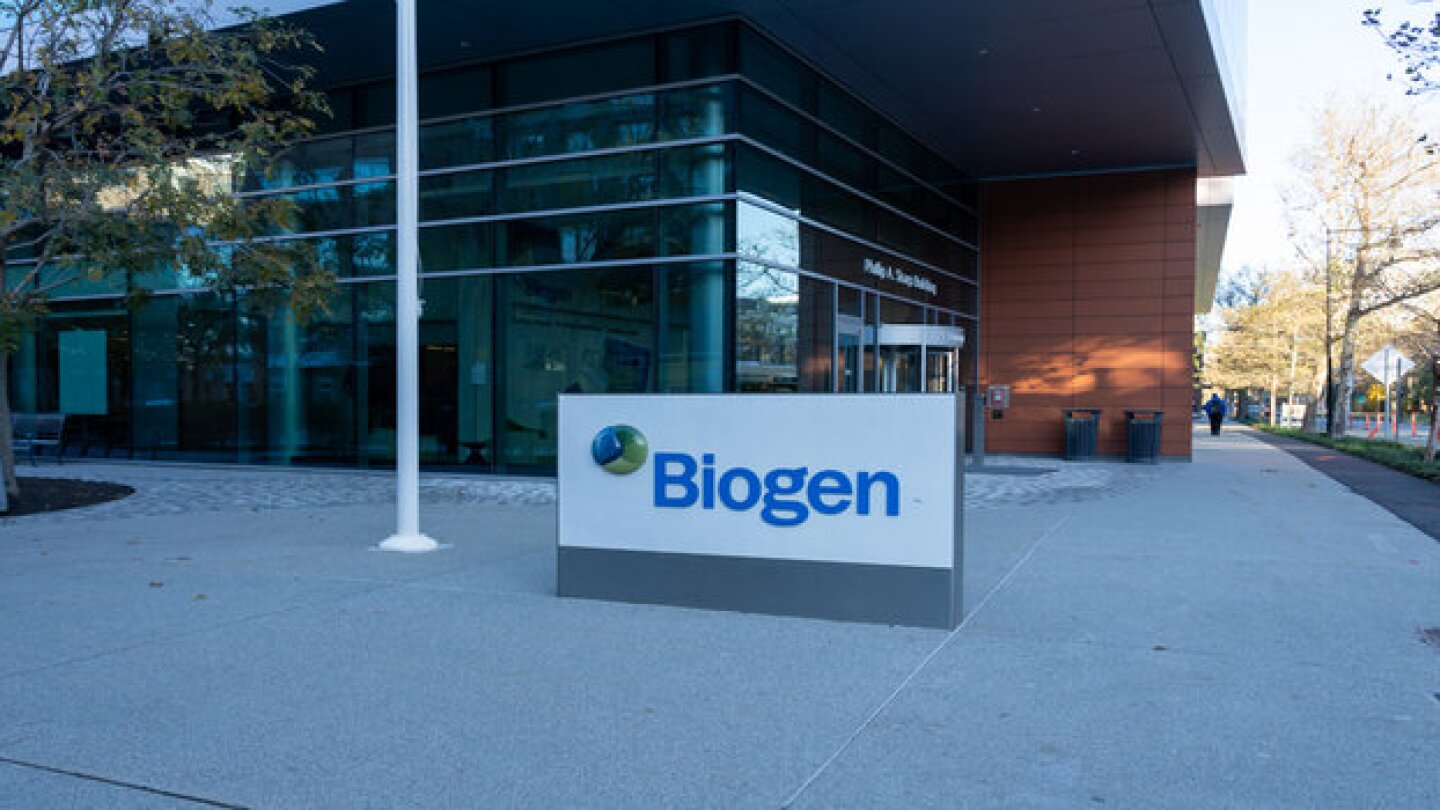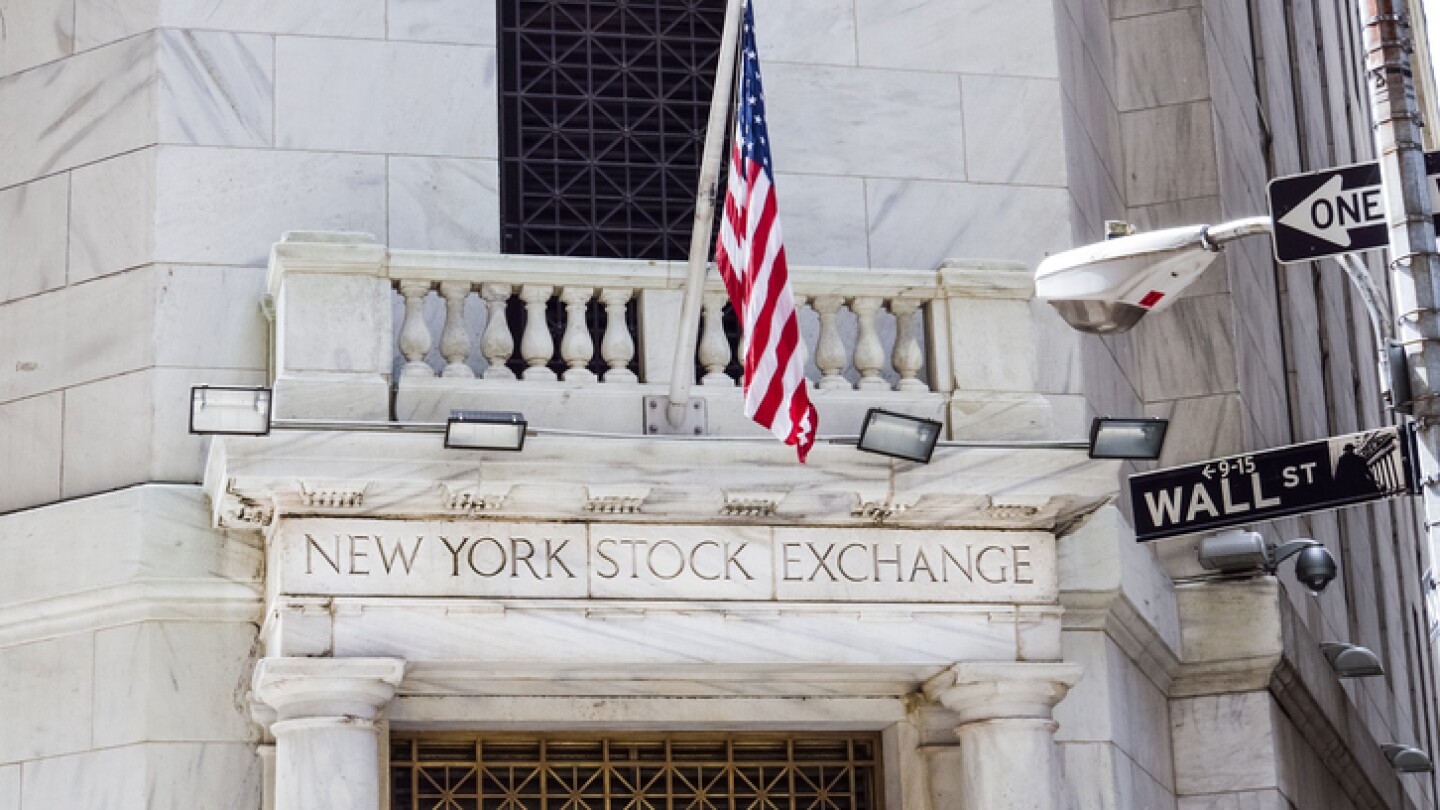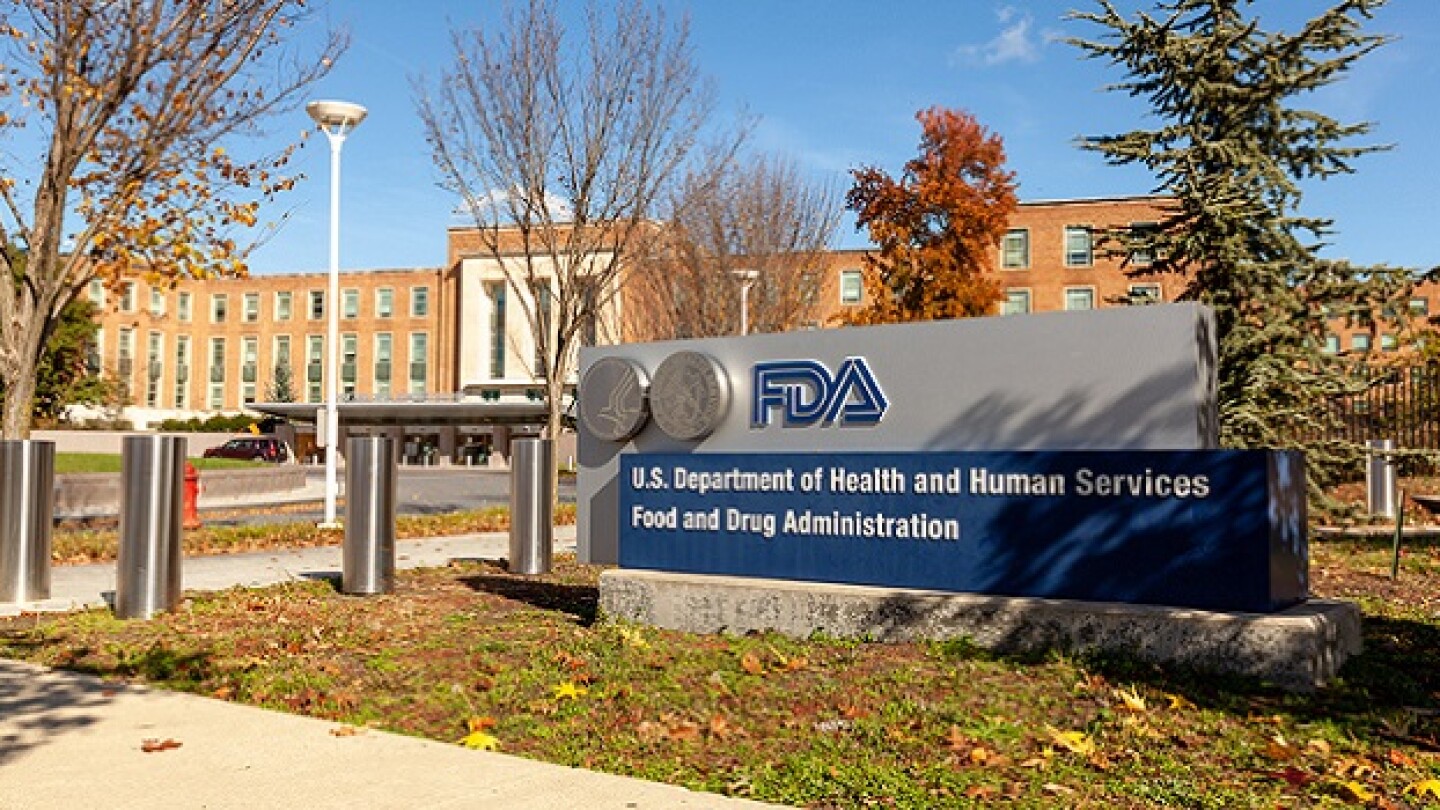News
Nabla and Takeda first joined hands in 2022, to push “the boundaries of next-generation biologics discovery,” according to the startup’s CEO Surge Biswas.
FEATURED STORIES
It can cure deadly diseases, save long-term healthcare costs and transform lives. But the U.S. insurance system still isn’t ready to pay for it.
Blank check deals dwindled after a crazy 2021. Now, biotechs are starting to turn to special purpose acquisition companies again as an easy route to the public markets.
Some of the biggest SPACs from the industry’s pandemic-fueled heyday are no longer on the market.
Job Trends
Emergent BioSolutions Inc. announced that it has entered into a definitive agreement to sell its drug product facility in Baltimore-Camden to an affiliate of Bora Pharmaceuticals Co., Ltd., a leading international pharmaceutical services company, for a total value of approximately $30 million.
FROM OUR EDITORS
Read our takes on the biggest stories happening in the industry.
Following restricted vaccine approvals and changes to CDC immunization schedules, Merck, Pfizer, GSK and Sanofi are all suffering revenue hits to their vaccine programs.
THE LATEST
Chief Commerical Officer Luke Miels will replace outgoing GSK CEO Emma Walmsley at the U.K. pharma next year.
The AAV pullback comes amid Biogen’s aggressive cost-cutting campaign, which put some 1,000 jobs on the chopping block with the goal of generating $1 billion in savings by 2025.
Applied Therapeutics has yet to confirm whether the study, posted on Clinicaltrials.gov on Thursday, means it has indeed aligned with the FDA on govorestat’s development.
The centerpiece of the acquisition is petosemtamab, Merus’ bispecific antibody targeting EGFR and LGR5, which in May demonstrated best-in-class potential for head-and-neck cancer.
The FDA in September issued two rejections for spinal muscular atrophy therapies—both linked to manufacturing problems—and granted approvals in Barth syndrome and for a subcutaneous version of Merck’s Keytruda that could be key to the blockbuster’s future earnings.
By publishing complete response letters as soon as they are issued to drug sponsors, the FDA is expanding transparency in a way that, while positioned as a public health measure, also grants investors greater visibility into regulatory decisions. Experts question whether this is the agency’s proper remit.
In one of the first demonstrations of the impact of last year’s Loper Supreme Court decision on challenges to agency authority, a judge ruled that the FDA does not have authority to regulate tests developed by clinical laboratories.
From more than 30 target action dates in the last three months of the year, BioSpace has narrowed the list to six regulatory decisions that could have far-reaching implications for biopharma and patients.
The company was awaiting $70 million from HealthCare Royalty but missed an agreed-upon payment condition.
Imlifidase, an IgG-destroying enzyme, could receive FDA approval in the second half of 2026 and hit peak sales of $306 million, according to William Blair.

